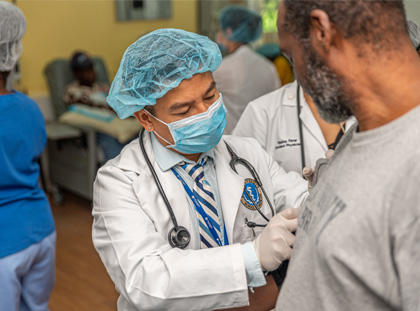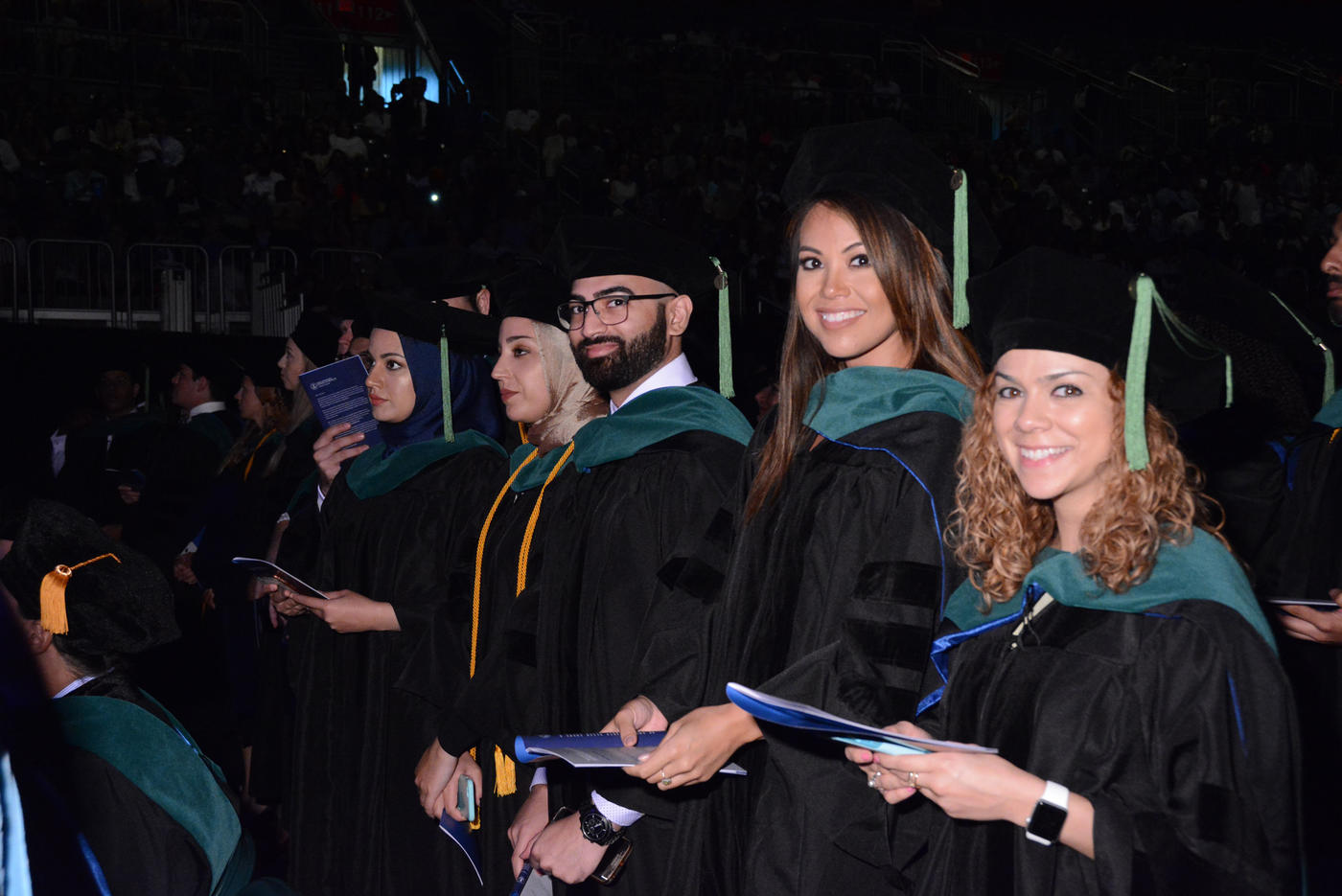Clearly, medical school is not for everyone. You might ponder the pros and cons and wonder, “is medical school worth it? Should I be a doctor?” Ultimately, you might ask yourself, “is becoming a doctor worth it?” The answer lies in your motivation for pursuing a career in medicine and your willingness to push past hurdles to fulfill your dream.
If becoming a doctor is your calling, the rewards of practicing medicine can make the challenges worth the effort. Before committing, it’s important to understand what you’ll face to be sure it’s the right decision.
Should I be doctor?
There are a variety of different reasons why people choose a medical career. Medicine might be your passion because you want to improve the health of your community and provide care for patients. You might be fascinated by human biology and how the human body functions or might want to follow in the footsteps of other family members who are in the medical field. In contrast, you might be attracted to the financial incentives and job security. Is medical school worth it? Getting through the demands of medical school and the challenges of being a physician can be the right path for you if you are willing to make some necessary sacrifices.
Is med school worth it? Career outlook for doctors
Since medical school requires a considerable investment, it’s reassuring know that The U.S. Bureau of Labor Statistics projects jobs for physicians and surgeons will grow by about seven percent through 2028. Given an anticipated doctor shortage and an aging population, medicine continues to be a promising field for job growth.
Should I go to medical school and how hard is it to get in?
The medical school journey starts with careful planning, beginning with your undergraduate education. There’s no substitute for high grades, completion of academic requirements and relevant volunteer experience. Medical school acceptance rates are extremely low, and medical schools want academically stellar students that can display qualities that make them unique. In recent years, there has been an increase in medical school class size to accommodate a future shortage of doctors, but there are only so many openings available each year for applicants.
Medical school admissions requirements at Ross University School of Medicine (RUSM) include factors such as undergraduate performance, knowledge of the medical profession, interpersonal skills, motivation, personal character, and clinical experience. The RUSM approach has provided thousands of students a chance to be evaluated for skills and experience beyond their GPA and MCAT scores.
The earlier you apply, the better the chance to get accepted to medical school. Prepare what you’ll need to complete your application and apply to medical school as early as possible.
Flexible options for the unique needs of students
RUSM admits students three times a year, in January, May, and September, allowing you to start medical school when it’s right for you. While September is the traditional start date, rolling admissions with a January or May start date allows you to complete coursework before graduation and provide more time to prepare for United States Medical Licensing Examination® (USMLE) testing.
Is med school for me? How hard is medical school?
It’s important to understand what’s involved in the medical school timeline. Ross University School of Medicine (RUSM) has a rigorous, hands-on academic program that prepares students fully for their careers as physicians.
In Years 1 and 2, RUSM students focus on the core science curriculum in the classroom and lab in the Medical Sciences Program on the Barbados campus. In Year 3, students enter the Clinical Sciences Program, focusing on the foundations of internal medicine. Upon successful completion of the USMLE Step 1, RUSM students begin intensive, physician-supervised clinical rotations, in preparation for Year 4 elective rotations and USMLE Step 2, followed by residency and completion of USMLE Step 3.
Each year, hundreds of our graduates are matched at leading hospitals across the United States and Canada. In 2019-2020, RUSM graduates attained an impressive first-time residency rate of 95.2%.
To perform well in your medical school classes, it’s recommended to attend all classes (even if classes are exclusively held online), review lecture materials on the same day as the lectures, and devote three to eight hours a day to studying. A good tip to help prepare for the USMLE exams is to use comprehensive and well-established study tools, such as Pathoma and First Aid.
Is becoming a doctor worth it?
Is medical school worth it financially? Attending medical school requires a major financial commitment worth careful consideration. The investment you make in a medical education may involve carrying some debt. However, the U.S. Bureau of Labor Statistics reports that the median annual salary among U.S. physicians easily exceeds $200,000, increasing the likelihood of physicians being able to pay off medical school debt in the future. Financial aid is available to all students at RUSM. You can learn more by contacting the Office of Student Finance at 732-509-3051 or emailing our Admissions Office for more information about Ross's financial aid options.
If you are motivated by the benefits, can cope with the stress and are willing to make the sacrifices, then medical school can be the right choice for you. While the decision is a personal one, medical school can offer highly marketable skills and the beginning of a meaningful career.
Once you’ve made the decision to apply, contact a RUSM admissions associate who can provide answers to any questions and additional information to guide you through your application to medical school. You can reach the Admissions Office at 855-637-6778 or email admissions@rossu.edu.



